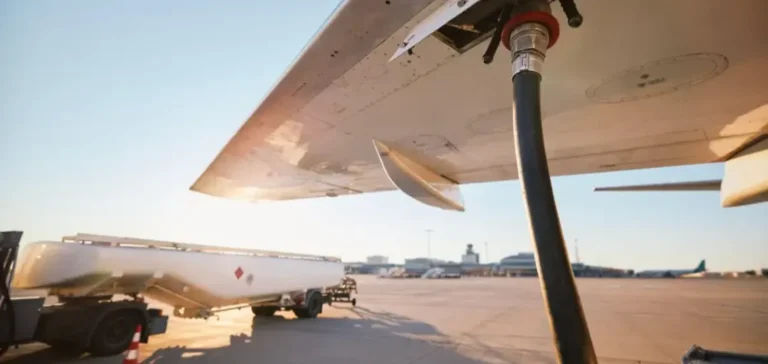The strategic debate over the use of municipal solid waste in the United Kingdom is entering a critical phase. A report published by the Oxford Institute for Energy Studies (OIES) finds that energy-from-waste with carbon capture and storage (EfW-CCS) yields a significantly higher net climate benefit than converting the same waste into sustainable aviation fuel (SAF). This conclusion highlights growing tension between two pillars of the UK’s climate policy.
Two climate strategies competing for a single resource
The study shows that for one tonne of post-recycled waste, EfW-CCS can eliminate between −1.0 and −1.3 tonnes of CO₂ equivalent, primarily through removal of biogenic carbon. In contrast, the MSW-to-SAF pathway delivers a net benefit of between −0.3 and −0.7 tCO₂e, depending on assumptions about avoided emissions. The gap widens when excluding credits for electricity or recycling, with EfW-CCS maintaining a net advantage around −0.6 tCO₂e.
Strategic infrastructure and regulatory tension
EfW facilities are already integrated into major carbon capture and storage clusters such as HyNet, East Coast, and Acorn. Projects like Runcorn (Viridor), Protos (Encyclis), and Ferrybridge (enfinium) are targeting stable CO₂ flows compatible with these networks. At the same time, the UK’s SAF mandate targets 22% by 2040, prompting producers to compete for the same waste streams to convert into aviation fuel.
Impact on the UK’s climate sovereignty
The domestic nature of post-recycled municipal waste enhances its strategic value. Prioritising EfW-CCS would allow the UK to turn an environmental liability into a climate asset, reinforcing its path to net zero. The SAF sector, exposed to transnational dynamics, faces growing risk of dependence on foreign supply chains for feedstocks that are already globally contested.
Economic implications for industry stakeholders
For energy-from-waste operators, integrating CCS could reposition their assets as high-value sources of negative carbon credits. This dynamic could unlock access to the UK’s £21.7bn CCS support scheme. By contrast, SAF producers face a more uncertain economic model, reliant on regulatory certificate value and long-term offtake agreements with airlines.
Regulatory uncertainty and litigation risks
The absence of a clear policy choice between the two uses of waste sustains a regulatory ambiguity. Emissions accounting methods and biogenic carbon measurements remain inconsistent. This lack of clarity increases legal risks, particularly around state aid, public funding, and double counting of emissions reductions.
Geopolitical effects and governance challenges
A clear hierarchy in waste use could reposition the UK as a net exporter of carbon removal credits. Without a unified strategy, the country risks paradoxically supporting SAF projects for international flights while importing carbon credits to meet domestic climate targets. This potential imbalance calls into question the overall coherence of UK energy policy.






















